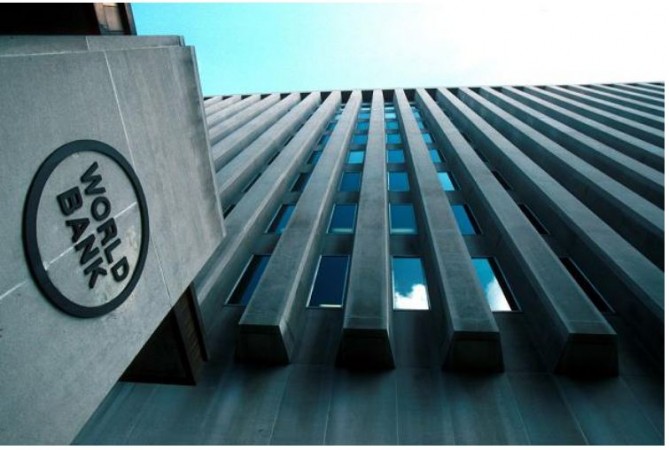
WASHINGTON: The World Bank cautioned that the world may be moving into a worldwide recession in 2023 as central banks around the world are simultaneously raising interest rates in reaction to inflation.
This year, interest rates have been rising globally at a synchronised pace not witnessed in the previous 50 years among central banks. According to a new analysis by the international lender, this trend will probably last far into next year.
However, the study's findings may not be sufficient to reduce global inflation to levels recorded before the epidemic, according to Xinhua news agency, which also cited additional policy moves including the currently anticipated trajectory of interest rate increases. Investors anticipate central banks to hike global interest rates to almost 4 percent through 2023, up more than 2 percent from their 2021 average, the report said.
The report stated that if financial market stress were to accompany this, global GDP (gross domestic product) growth would fall to 0.5 percent in 2023, a contraction of 0.4 percent in terms of per-capita output that would technically qualify as a global recession.
According to Ayhan Kose, the World Bank's acting vice president for Equitable Economy, Finance, and Institutions, the rate increases may be "mutually compounding" to tighten financial conditions and exacerbate the slowdown in global growth because of how synchronised they are across nations.
Kose stated that policymakers in developing and emerging market countries must be prepared to handle any potential spillover effects from the synchronised tightening of policies around the globe.
According to the study, developing and emerging market economies would suffer from a series of financial crises that would be permanently harmful to them. According to World Bank President David Malpass, "My deep concern is that these trends will remain, with long-lasting effects that are catastrophic for individuals in emerging market and developing economies."
"Policymakers might change their focus from cutting consumption to growing production in order to achieve low inflation rates, currency stability, and quicker growth.
"Policies should attempt to generate extra investment and improve capital allocation and productivity, which are crucial for growth and the eradication of poverty," he said.
Australia announces funding for biggest hydrogen plant
SCO's role is key as world struggles to recover economically from Covid pandemic
PM Modi and Jinping faced each other first time after Galwan violence